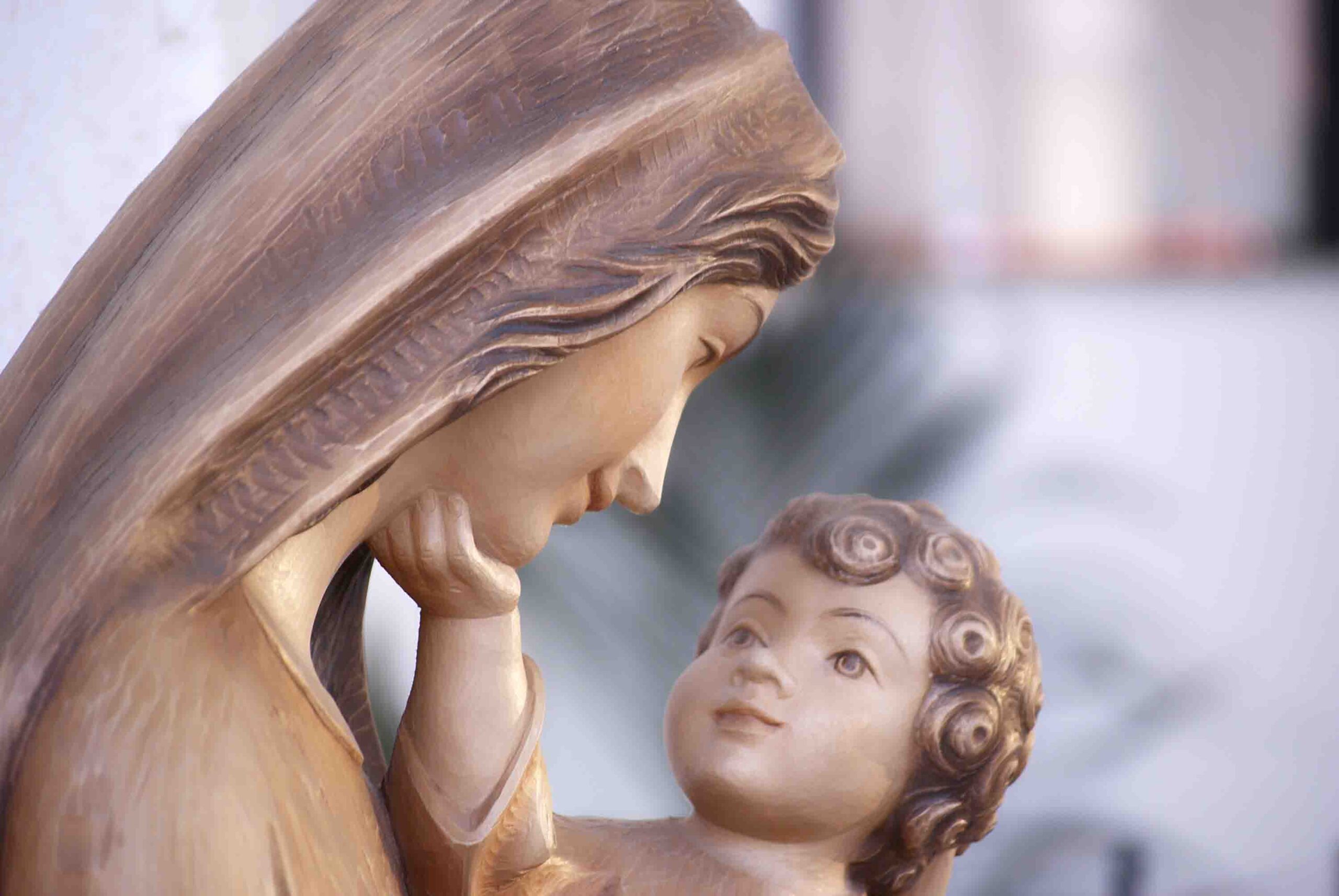The text of the Gospel (John 3: 1-21, 31-36) begins by setting the scenery of Jesus’ encounter with Nicodemus. It presents to us this authentic Pharisee, Nicodemus, whose name means “winner of the people.” He is the first Pharisee with public responsibilities and a member of the Sanhedrin seeking an encounter with Jesus, and wanting to establish a relationship with Him. Nicodemus comes during the night – which introduces in the narrative, a note of uncertainty.
Why does he come at night? More than fear of exposing himself and compromising his image with a meeting in the daylight, he comes “in the night,” that is, in a searching attitude, still wrapped in the shadows, and looking for light. In the Jewish tradition, the night was the best time for the study of the Torah, the law. The meeting takes place at night, and this will give Jesus the opportunity to present the antagonism of light and darkness, speaking of Himself and His revelation as the Light that opposes darkness.
Ambiguities
In Nicodemus’ attitude, there is another element that casts uncertainty over the encounter: if he appears in a searching attitude, he also seems to hide in the group to which he belongs, speaking on behalf of the teachers of the faith in Israel. He recognizes Jesus as a person coming from God, for no one can do the signs that Jesus does if God is not with Him but hints there is a difference between the learned doctors of the law and Jesus, the “Master” who did not attend religious schools at His time. This ambivalent attitude gives Jesus the occasion to tease him: “You are the teacher of Israel, and you do not know these things?”
The natural and the spiritual
The central part of the text (3:3-10) leads us to the most precious moment of the encounter: Jesus makes a statement using a solemn formula of revelation, leaving Nicodemus puzzled: “In all truth I tell you, no one can see the Kingdom of God without being born from above.” The word used indicates both “born again” and “born from above.” Jesus speaks about being born from above, which Nicodemus understands as being born again and objects: “How can anyone who is already old be born?”
Thus a dialogue with different horizons starts – Jesus speaks of being “born again of water and the Spirit” in a spiritual sense while Nicodemus understands being “born again” in the natural sense. We have a dialogue that goes on under a double understanding: at a natural level by Nicodemus; and at a spiritual level by Jesus. The dialogue highlights the contradiction between these two levels of understanding, the natural and the spiritual, the old and the new.
Jesus speaks of being “born of water and of the Spirit,” referring to the wind as an image to better understand the Spirit, and reminds Nicodemus that, being a master of Israel, he should know what it is.
To be “born of water and the Spirit” is an appeal of Jesus to Nicodemus to let the latter be regenerated by faith born of the encounter and communion with Him.
Jesus reveals Himself
In the final part of the story, we reach the highest point of the encounter. The dialogue becomes a far-reaching statement of Jesus, who presents Himself as the Only Revealer of the Father (3: 11-21). The interlocutor Nicodemus disappears, leaving his place to the reader of the Gospel. The central theme here is the testimony of Jesus, the Son, the Only One able to reveal the Father’s love.
This revelation of the true identity of God and of His Son (3: 11-15) takes place when Jesus is lifted up nailed on the cross, in His passion, death and resurrection. . On the cross, Jesus shows His obedience and His love for the Father; in the exaltation of the resurrection, the Father manifests His great love for the Son and for humanity.
Invitation and resistance
Nicodemus disappears from the dialogue and leaves the scene. We do not know exactly what his response to Jesus’ invitation is. We can imagine that it is difficult for him to erase all his past, renounce the privileges of his social and religious position. What Jesus asks may seem too much and he is unable to rise to the new level of understanding and living experience proposed by Jesus.
And to the Gospel’s reader, to each one of us, how do we respond to this dialogue; where do we stand in this encounter with Jesus?
Certainly, we recognize ourselves in Nicodemus, looking for meaning. We also seek for an encounter with Jesus, driven by the attraction of His person, His words and His works which touch our heart and our mind in a special way.
Sometimes, however, we seek Jesus in the shadows; that is, without coming completely uncovered, without exposing ourselves to His light. We seek Him hiding ourselves behind so many “walks,” people, things and affections that are between us and Him, and so hinder the encounter. We seek Him wearing a mask, identifying ourselves with the views and opinions of others, which make the dialogue derailed and the encounter aborted.
With Him alone
The challenge of meeting Jesus is that of being alone with Him, taking with us all that we have and all that we are without any intermediaries. Jesus challenges us to a radical change, to be born from above which is only possible through His Spirit. The highlight of an encounter with Jesus, not aborted but fully achieved, is revelation and mutual acceptance, so we ask for eyes able to see Him, ears able to listen to Him, willingness to leave what is old and embrace what is new.


























